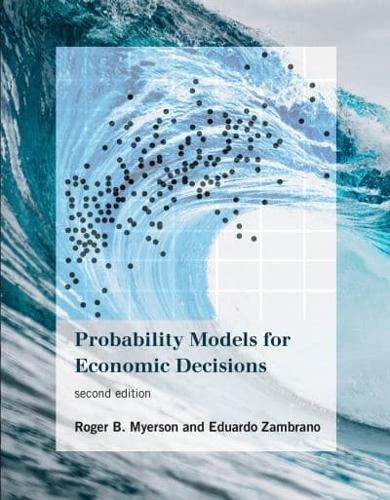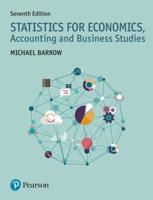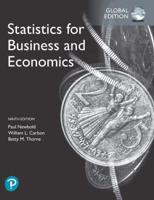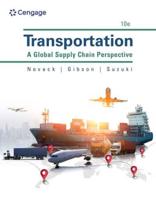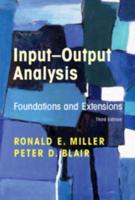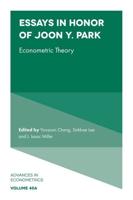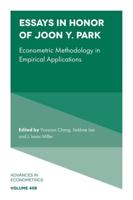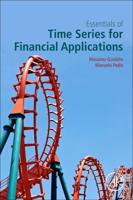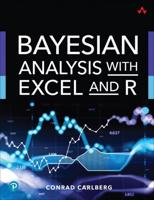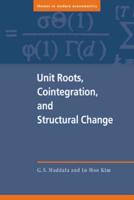Publisher's Synopsis
An introduction to the use of probability models for analyzing risk and economic decisions, using spreadsheets to represent and simulate uncertainty.
This textbook offers an introduction to the use of probability models for analyzing risks and economic decisions. It takes a learn-by-doing approach, teaching the student to use spreadsheets to represent and simulate uncertainty and to analyze the effect of such uncertainty on an economic decision. Students in applied business and economics can more easily grasp difficult analytical methods with Excel spreadsheets.
The book covers the basic ideas of probability, how to simulate random variables, and how to compute conditional probabilities via Monte Carlo simulation. The first four chapters use a large collection of probability distributions to simulate a range of problems involving worker efficiency, market entry, oil exploration, repeated investment, and subjective belief elicitation. The book then covers correlation and multivariate normal random variables; conditional expectation; optimization of decision variables, with discussions of the strategic value of information, decision trees, game theory, and adverse selection; risk sharing and finance; dynamic models of growth; dynamic models of arrivals; and model risk.
New material in this second edition includes two new chapters on additional dynamic models and model risk; new sections in every chapter; many new end-of-chapter exercises; and coverage of such topics as simulation model workflow, models of probabilistic electoral forecasting, and real options. The book comes equipped with Simtools, an open-source, free software used througout the book, which allows students to conduct Monte Carlo simulations seamlessly in Excel.


